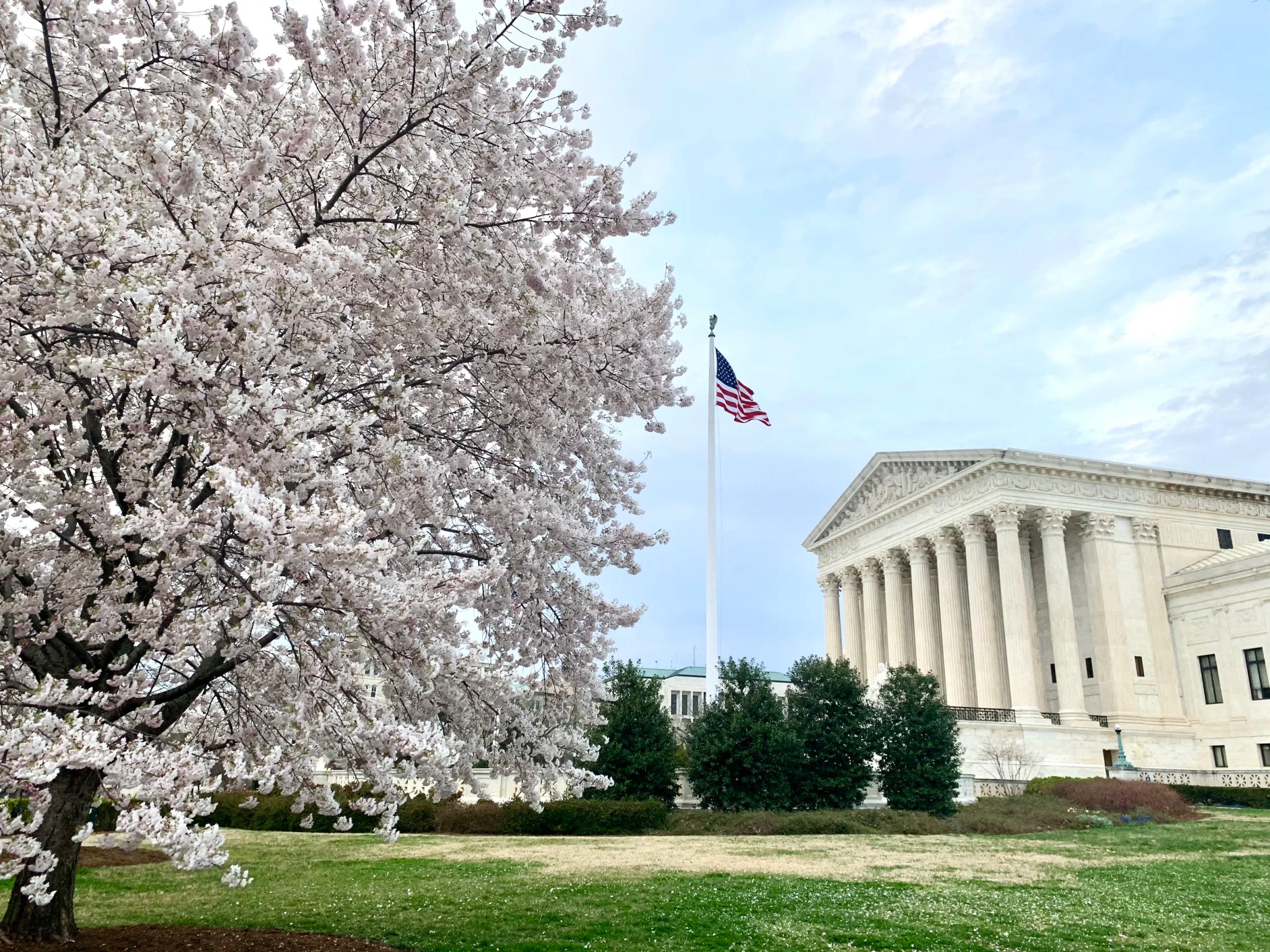A really interesting case was recently filed in a district court in Georgia over who has the right to publish Georgia’s Administrative Rules and Regulations. On one side, there’s Lawriter, a legal research service that was selected by Georgia to exclusively publish the rules and regulations of its state agencies. On the other side, there’s Fastcase, another legal research company that also published Georgia’s Administrative Rules and Regulations, even though it didn’t have an agreement with Georgia. This past December, Fastcase received a cease-and-desist letter from Lawriter stating that Fastcase was acting “without Lawriter’s consent or authorization or a subscription” and that it was in violation of “Lawriter’s legal rights.” Lawriter’s letter never specifically named what these rights were and their basis for claiming them, but the implication is that they’re asserting a copyright claim. Now, Fastcase is seeking a declaratory judgment that state law is not copyrightable.
There’s a strong likelihood of this case ending in Fastcase’s favor based on public policy and how courts have ruled on attempts to “own” the law. In Wheaton v. Peters, a case from 1834 and the first Supreme Court ruling on a copyright case, the Court held that federal court opinions were not copyrightable but in the public domain. Federal law also outright prohibits copyrighting works of the U.S. government. Then, there’s Davidson v. Wheelock from 1866, where a Minnesota federal trial court held that the plaintiff, who had a contract with the state of Minnesota to publish state statutes, did not have any exclusive rights under copyright. “The materials for such publication are open to the world,” said the court. “They may be digested or compiled by any one, and it is true such compilation may be so original as to entitle the author to a copyright on account of the skill and judgment displayed in the composition and analysis; but such compiler could obtain no copyright for the publication of the law only.” In Howell v. Miller, a Sixth Circuit case from 1898, the court said Howell, publisher of the Annotated Statutes of Michigan, could copyright the “marginal references, notes memoranda, table of contents, indexes and digests of judicial decisions prepared by him,” but stated that no one could obtain the exclusive right to publish state statutes. The U.S. Copyright Office will also not register any “government edict that has been issued by any state, local, or territorial government, including legislative enactments, judicial decisions, administrative rulings, public ordinances, or similar types of official legal materials.”
Interestingly enough, the state of Georgia is also suing Public.Resource.Org for copyright infringement over the publication of the annotations in the Official Code of Georgia Annotated (O.C.G.A), but not the text of the law itself. The annotations are what help readers understand the meaning of the law and how it is to be interpreted and applied. In the suit, filed last July, Georgia said it wasn’t claiming any copyright in the O.C.G.A because “the laws of Georgia are and should be free to the public [emphasis added].” The state alleges, “The copyrighted annotations include analysis and guidance that are added to the O.C.G.A. by a third party publisher of the O.C.G.A. as a work for hire. These annotations include synopses of cases that interpret the O.C.G.A., summaries of Opinions of the Attorney General of Georgia, and summaries of research references related to the O.C.G.A. Each of these annotations is an original and creative work of authorship that is protected by copyrights owned by the State of Georgia.” So, Georgia at least recognizes that fighting over the text of the law is a lost cause.
Carl Malamud, who runs Public.Resource.Org, found himself in a similar situation with Oregon several years ago, after publishing Oregon’s Revised Statutes. That state sent cease-and-desist letters to him; ultimately, Oregon didn’t pursue a lawsuit.

Where creative minds come together
Last fall, Harvard Law School announced that it would be digitizing its collection of U.S. case law and making it available for free.
For more information on copyright, stay tuned to our blog.



